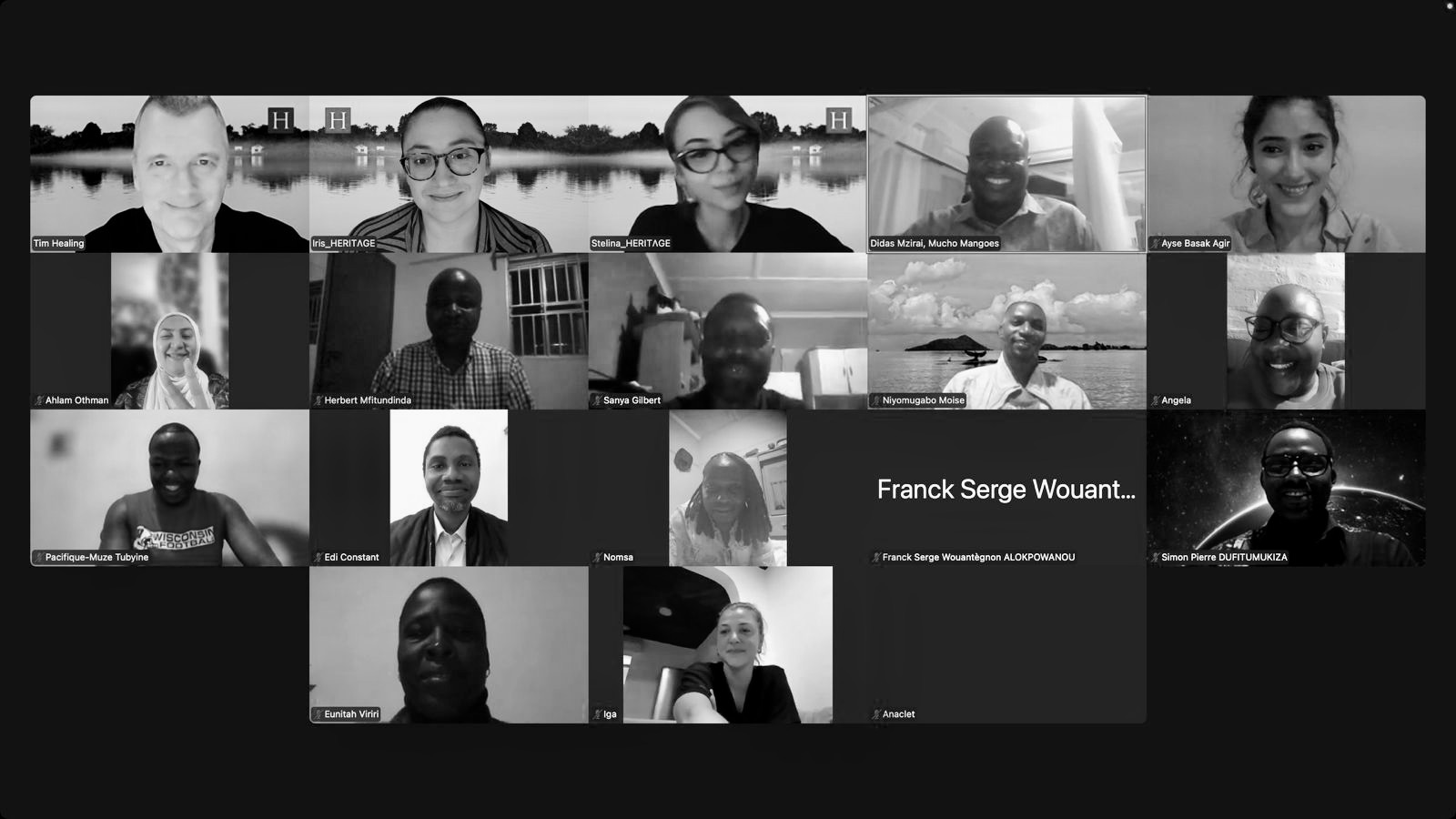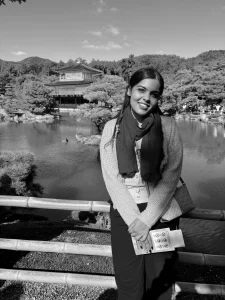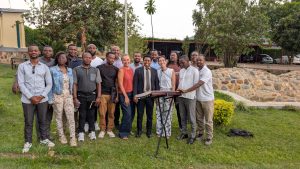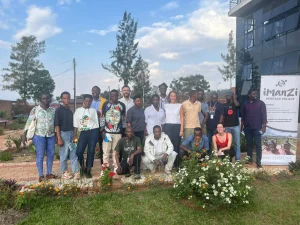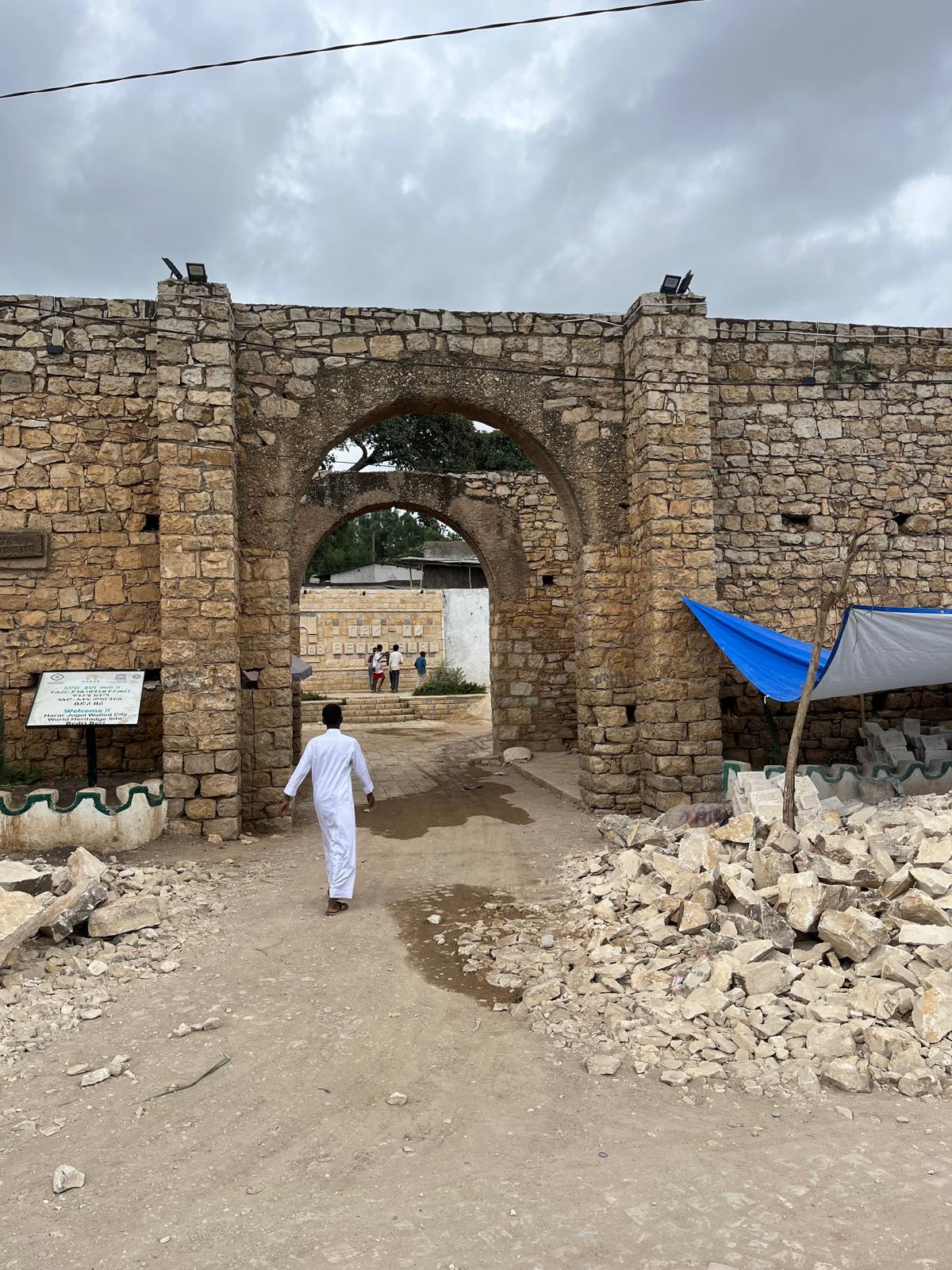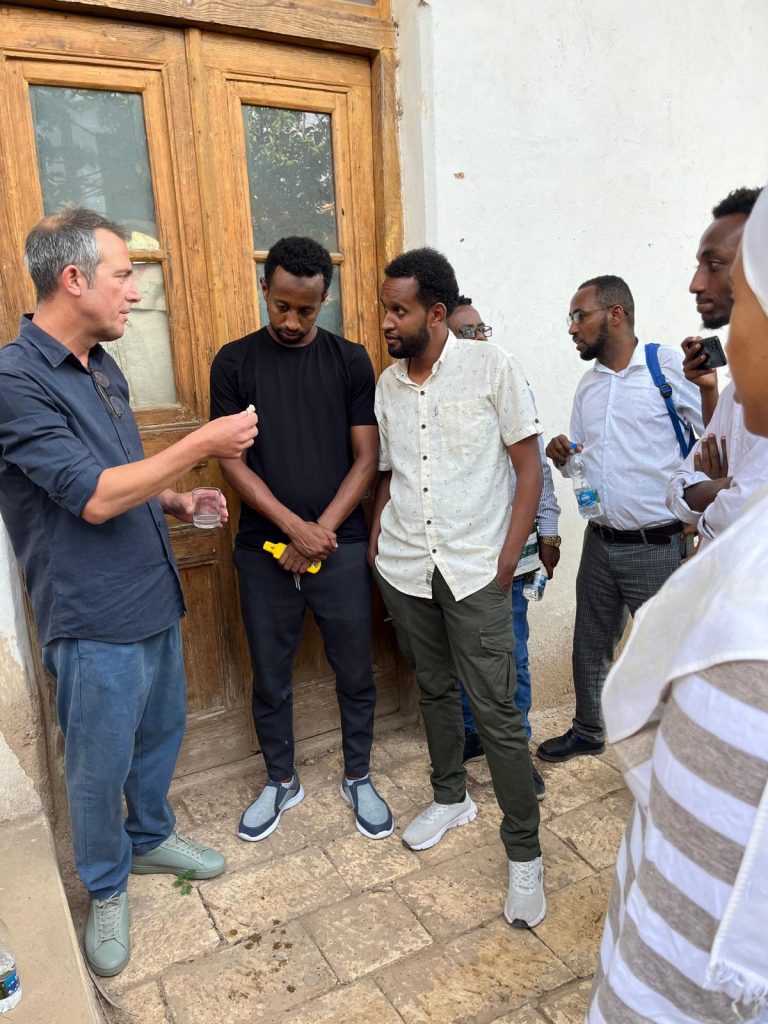Tag Archives: workshops
Community Tourism Planning and Development Workshop
From 5th to 11th November 2025, HERITΛGE delivered a new five-day online training course on Community Tourism Planning and Development. Led by Tim Healing, a specialist in project management and community-based tourism, the course brought together 30 participants from 18 countries across Africa, Asia, and Europe, working across 34 capacity-building cases. The training introduced practical approaches to developing tourism initiatives that support local communities, promote cultural exchange, and retain income within local economies.
The course was designed as an interactive programme, combining presentations, discussions, and group exercises. Participants collaborated throughout the week, sharing experiences and applying learning through practical activities such as designing cultural trips, developing project proposals, and creating action plans to address challenges in community tourism management.
Course Structure
Day 1 introduced community-based tourism as a people-centred approach to sustainable development. Using a case study from Kazakhstan, participants explored how local assets can be developed into tourism products while ensuring fair benefit sharing. Group exercises focused on identifying risks, building partnerships, and setting clear goals aligned with community priorities.
Day 2 focused on authentic tourism products and community-led branding. Participants discussed storytelling, local values, and low-cost marketing strategies, alongside capacity building in hospitality and communication, with attention to avoiding the commodification of cultural heritage.
Day 3 examined land rights and ethical cultural tourism. Through global case studies, participants explored community ownership, informed consent, and fair benefit sharing, as well as homestays, guesthouses, and eco-lodges as models for cultural exchange and local income generation.
Day 4 centred on visitor experience and tourism operations, highlighting culinary heritage, cultural sensitivity, and hospitality standards. A case study exercise addressed guiding, cross-cultural communication, hygiene, emergency preparedness, and responsible itinerary design.
Day 5 focused on long-term sustainability and community enterprise. Participants explored skills development, financial planning, and community cooperatives as tools for strengthening governance and ensuring tourism income remains within communities, concluding with group presentations on international case studies. These case studies included a Community-Based Tourism Initiative in the Phong Nha-Ke Bang National Park in Vietnam, and Eco-Tourism Initiative at Daintree Rainforest, Australia.
Throughout the course, participants developed projects addressing diverse contexts, including heritage routes, eco-tourism initiatives, community museums, cultural landscapes, and heritage-based livelihood programmes. By the end of the training, participants had strengthened their understanding of community tourism as a tool for sustainable development, cultural preservation, and local economic empowerment, and gained practical skills to plan and manage tourism initiatives that place communities at the centre.
Reflecting on the programme, Tim Healing highlighted the strength of the group and their engagement:
“I couldn’t have asked for a better group. Their openness, collaboration, and eagerness to learn made the five days both productive and inspiring. The real highlight was the collective wisdom in the room and the willingness to share experiences and ideas.”
Find more information about HERITΛGE’s workshops here or follow us on Facebook, Twitter / X, LinkedIn or Instagram.
Heritage Interpretation Workshop
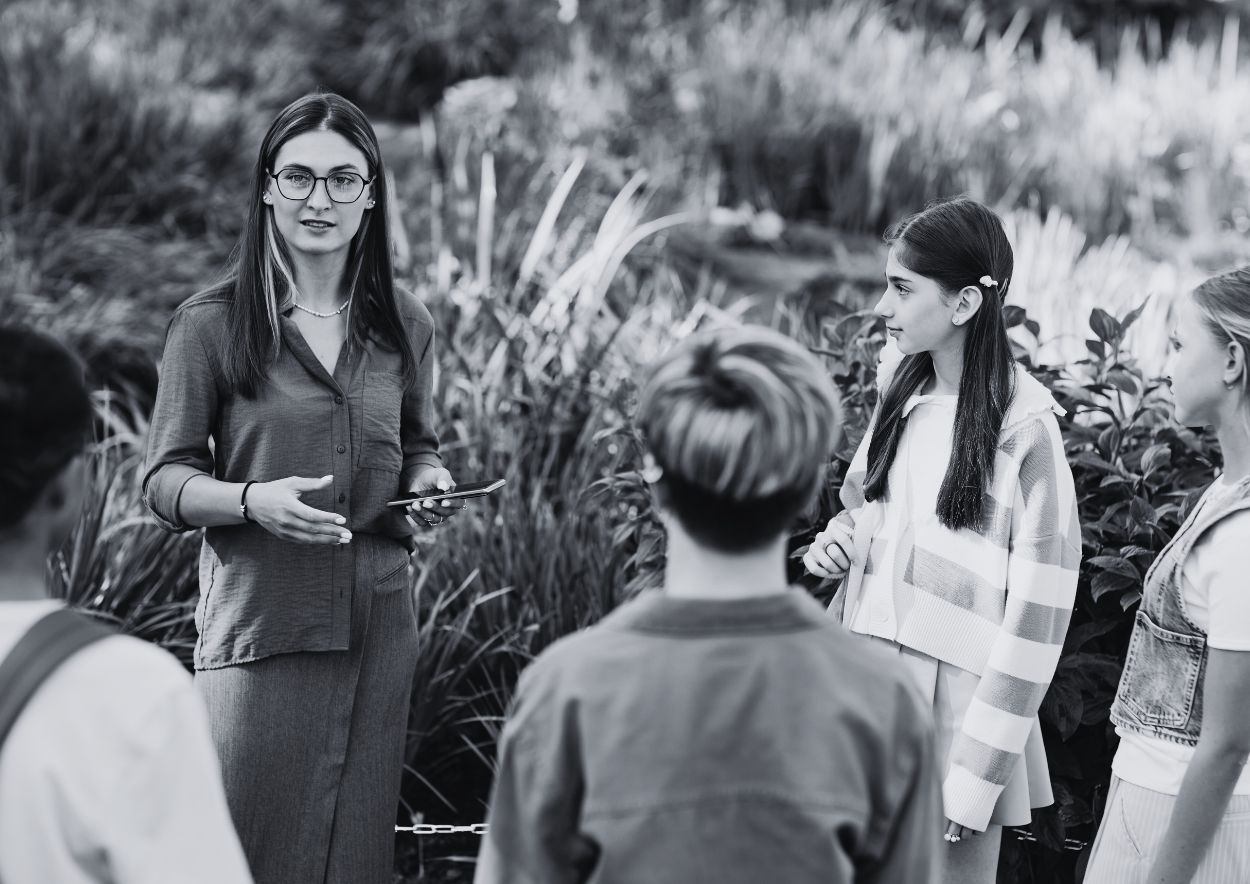 From 13th to 16th October, HERITΛGE delivered an online workshop on Heritage Interpretation, bringing together 22 heritage managers from 17 countries across Africa, Asia, Europe and South America. Through 22 capacity building cases and 22 case studies, participants explored how interpretation can generate meaningful connections between visitors and heritage.
From 13th to 16th October, HERITΛGE delivered an online workshop on Heritage Interpretation, bringing together 22 heritage managers from 17 countries across Africa, Asia, Europe and South America. Through 22 capacity building cases and 22 case studies, participants explored how interpretation can generate meaningful connections between visitors and heritage.
“This is the first time I have taken a course in heritage interpretation. All topics were relevant and sparked my interest.”
Dounama Biri
The workshop was led by interpretation specialist Valya Stergioti who introduced participants to the core principles of heritage interpretation. Sessions highlighted how interpretation moves beyond facts to reveal meanings, provoke reflection and foster stewardship.
Day 1 focused on the foundations of interpretation. Participants shared stories of memorable guides and discussed the qualities that define good interpretation, from sensory engagement to contextual storytelling. They examined Freeman Tilden’s definition of interpretation and reflected on how interpretation as an educational experience should encourage exploration rather than the delivery of isolated facts. The day concluded with an introduction to the interpretive triangle and a practical group activity on applying the four aces to selected heritage phenomena.
Day 2 explored meanings, values and universal concepts. Through an illustrative exercise on the idea of “home”, participants discussed how words carry different meanings across cultures and contexts. The session introduced the theory of frames and highlighted the importance of language in shaping interpretive outcomes. Participants worked in groups to link phenomena with universal concepts and later developed their own sets of open ended questions. These questions were framed around four types: focus, transfer, process and evaluation, each designed to encourage dialogue, reflection and participation.
Days 3 and 4 centred on interpretive themes, interpretive services and the development of participants’ own projects. Participants created themes for personal heritage objects, aligned them with sustainability goals and collaborated in groups to design exhibition concepts such as A Day in the Life of a Fisherman Across the Globe and Legacy of Ancestors. They also examined the strengths of personal and non personal interpretation through a structured debate and discussed the essential role of local communities.
“I became more confident about the educational methods and universal concepts which will help me to interpret my site.”
Habab Idriss Ahmed
The workshop concluded with presentations of individual projects, ranging from Lamu Old Town in Kenya to the Royal Palaces of Abomey in Benin, the Paper Trail of Hand Produced Paper in Assam and the Armero Town Ruins in Colombia. Each participant presented a phenomenon, a theme and the interpretive services they would employ.
By the end of the training, participants had strengthened their skills in crafting themes, engaging audiences and building meaningful interpretive experiences.
Find more information about HERITΛGE’s workshops here or follow us on Facebook, Twitter / X, LinkedIn or Instagram.
From Nyamasheke to Kigali: Empowering Communities Through Cultural Heritage in Rwanda
By Eirini Oikonomidi, Rwanda Projects Manager
During the recent, nearly month-long visit to Rwanda, two successful and highly engaged workshops were conducted under the theme: “Engaging Communities in Cultural Heritage.” The training gathered 37 heritage practitioners who offered valuable insights, exchanged knowledge, and shared on-the-ground experience.
The workshops were led by Lena Stefanou and Aris Anagnostopoulos, whose expertise guided participants through practical strategies for community involvement.
The first workshop took place in the southwestern region of Rwanda, in Nyamasheke. This location was strategically chosen because the area is considerably more remote from Kigali, marking a significant step in expanding our programme’s on-site presence. Partnering with IVOMO, who provided crucial organisation and coordination support, the workshop focused intensely on local needs and specific challenges faced by communities in the Great Lakes region. The week spent in this tropical landscape underscored the importance of reaching remote areas to ensure a broad national impact.
Following the Nyamasheke session, the second workshop was hosted in Kigali, the capital of the country. This session broadened the discussion to encompass a wider range of stakeholders, organisations, and dynamic national applications. Our essential partner, the Rwanda Cultural Heritage Academy (RCHA), as always, provided excellent logistical support, including the necessary room and materials at the Kandt House Museum.
Ultimately, both intensive workshops provided fertile ground for the exchange of knowledge, the development of strategies, and the reinforcement of the role of local communities in the protection, preservation, and utilisation of cultural heritage as a driver for sustainable development.
Field Visits and Strategic Engagement
Following the successful completion of the workshops, the remaining weeks of the mission were dedicated to crucial field visits and high-level stakeholder meetings across Rwanda. As the Country Manager, I embarked on an extensive schedule to personally visit projects on the ground, covering a significant geographical expanse—from the tranquil shores of Lake Kivu in the west, across to the Ngoma District in the east, and down into the Southern Province.
This commitment to comprehensive on-the-ground presence yielded two vital outcomes for both our organisation and our local partners.
First, for me, the visits provided a vastly improved and granular understanding of the actual situation. Observing the projects firsthand allowed me to gain immediate clarity on their evolution, their current state, the specific difficulties local teams face, and their overall trajectory. This practical insight is indispensable for effective strategic planning.
Second, the impact on our local partners and the communities themselves was equally profound. By prioritising this on-site presence, we achieved a deeper connection that served to empower the local teams significantly. Our physical presence demonstrated a genuine interest and commitment, signaling the high value we place on their efforts and achievements. We had the opportunity to meet the dedicated individuals face-to-face, fostering stronger personal and professional relationships that reinforce the communities’ sense of ownership and dedication to the long-term sustainability of their cultural heritage work.
In short, these field visits transformed our theoretical understanding into tangible knowledge, strengthening both our project oversight and the foundational local partnerships necessary for lasting impact in Rwanda.
Strategic Planning for Heritage Managers
From 9 to 11 May 2025, HERITΛGE hosted an online workshop on strategic planning for heritage managers, led by Dr Alexandros Papalexandris. The workshop brought together 18 participants from 13 countries across Africa and Europe, aiming to strengthen strategic thinking, build organisational capacity, and support long term planning in the heritage field.
Over three days, participants explored key concepts such as vision and mission setting, stakeholder engagement, SMART objectives, and the role of values in strategy. They learned to use practical tools including SWOT and PESTEL analysis to assess internal and external environments, and examined the differences between planned and emergent strategies.
Working in teams, participants applied these concepts to four real projects: digitising rural culture in South Africa, preserving traditional African sports and games, creating a youth heritage club in Uganda, and documenting a historic monastery collection in Ethiopia. These case studies encouraged collaborative learning and practical application.
The second day featured a guest lecture by Debashish Nayak, a leading architect and heritage expert, who shared insights from over three decades of work on urban conservation in India. His talk highlighted the importance of community involvement and education in heritage preservation, drawing on his experience leading Ahmedabad to become India’s first UNESCO World Heritage City.
The course leader really articulated everything till I really understood and I appreciate his patience through out. [The course will help me to] strategic plan and execute our vision and mission and align them.
~Paidamoyo Mandizvidza, Deputy Director Digital Content and Multimedia Broadcasting at African Traditional Sports and Games Confederation
The final day focused on competitive advantage, strategic implementation, and evaluation. Participants discussed how to align resources with organisational goals and studied cases from institutions such as the British Museum and Cirque du Soleil. They also explored the use of feasibility studies and business plans to support strategic initiatives.
The workshop was a great success, equipping participants with practical tools and strategic insights tailored to the needs of the heritage sector. Feedback was overwhelmingly positive, highlighting the value of real case studies, expert guidance, and peer learning.
For more information about HERITΛGE’s workshops, go to our open courses page, or follow us on Facebook, Twitter / X, LinkedIn or Instagram.
Countries represented: Czech Republic, Ethiopia, Ghana, Kenya, Lesotho, Niger, Nigeria, Rwanda, South Africa, Tanzania, Uganda, Zambia, Zimbabwe.
Building Local Capacity for Heritage Conservation in Harar Jugal, Ethiopia
by Xanthippi Kontogianni, Ethiopian Program Manager, HERITΛGE
Harar Jugal, the fortified historic town recognized as a UNESCO World Heritage Site, stands as a living testament to Ethiopia’s rich cultural and architectural heritage. With its intricate alleyways, traditional Harari houses, centuries-old mosques, and lively open markets, Harar has long served as a cultural and commercial melting pot. The town holds immense historical value while simultaneously serving as a vibrant home for its local community. However, the preservation of this unique urban landscape is increasingly threatened by urbanization, inadequate maintenance, and the impacts of climate change.
To both leverage Harar Jugal’s potential for the benefit of its contemporary inhabitants and safeguard the historic center for future generations, there is a pressing need to develop specialized skills in heritage conservation, traditional building techniques, and sustainable urban management. Strengthening local capacity in these areas is essential to ensure that the cultural and historical integrity of Harar remains intact while responding to the evolving needs of its residents.
Walls of Harar Jugal.
In December 2024, the Culture and Tourism Bureau of Harar, one of the key institutions responsible for managing the Harar Jugal historic town, invited HERITΛGE to a virtual meeting. During the meeting, Mohammed Rabi, a representative of the Bureau, proposed organizing a heritage conservation workshop for Bureau staff and close collaborators. In alignment with its mission to train and empower heritage professionals to engage communities in stewarding their cultural assets for greater understanding, sustainability, and economic development, HERITΛGE welcomed the initiative and agreed to deliver the proposed training in Harar.
The workshop on Heritage Conservation was conducted in a blended format, combining online and in-person sessions held on 7-9 and 21-23 May 2025, respectively. This flexible format ensured accessibility while supporting dynamic, participatory learning. The training was led by Alexis Stefanis, Assistant Professor of Architectural Conservation at the Department of Conservation of Antiquities and Works of Art, University of West Attica. The curriculum was structured around three core content areas: General Principles of Cultural Heritage Conservation, First Aid for Finds, and Preventive Conservation. The online component delivered core theoretical content through lectures, readings, and discussions, while the in-person sessions emphasized hands-on exercises, group work, and live demonstrations. The workshop attracted 13 participants (8 men and 5 women) and was delivered under HERITΛGE’s HerMaP Ethiopia training program, which is funded by the Humanities in Place initiative of the Mellon Foundation.
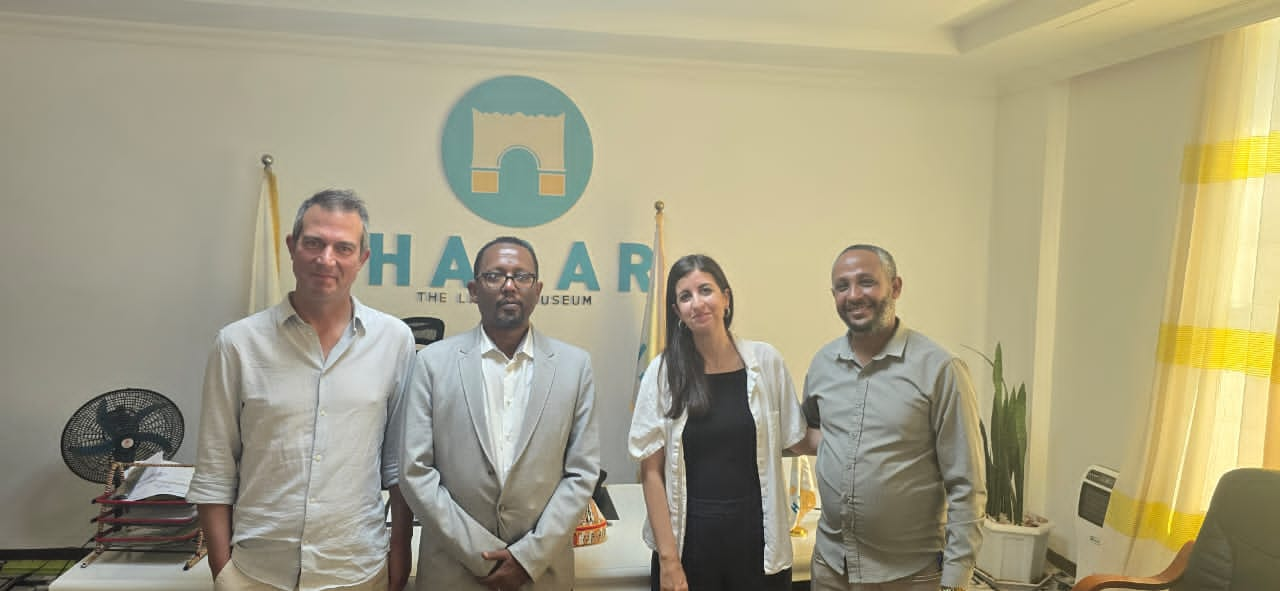 Networking meeting with Mr Teweleda Abdosh Ahmed – Head of Culture, Heritage & Tourism Bureau, Harari People Regional State.
Networking meeting with Mr Teweleda Abdosh Ahmed – Head of Culture, Heritage & Tourism Bureau, Harari People Regional State.
Participant engagement was enthusiastic and highly interactive. The hybrid structure facilitated broad participation, and both components were well-attended. One of the most impactful moments occurred during Dr. Stefanis’s live tool demonstration. After observing how the tools worked and understanding their applications, participants expressed a strong desire to use them directly. Encouraged by the facilitator, they took the tools outside and began applying them at actual heritage sites, collecting data and interpreting results on-site. Many cited this hands-on activity as the most transformative part of the training. Recognizing the value of practical learning, participants formally requested that the tools be made available for their ongoing conservation work.
Dr. Stefanis’s mission to Harar was supported by Natassa Nika, Africa Programs Coordinator at HERITΛGE, and Habtamu Gizawu Tola, HERITΛGE’s local representative in Ethiopia. Together, they met with key stakeholders, including the Culture and Tourism Bureau of the Harari People Regional State, the Construction Permit and Inspection Authority, and the Heritage Department of Haramaya University. These discussions highlighted the urgent need to preserve Harar’s distinctive heritage amid complex challenges. Participants identified priority areas such as capacity building in conservation and digital preservation, community engagement, and institutional strengthening.
These insights aligned with HERITΛGE’s ongoing mapping efforts in Ethiopia. Since launching its intervention program, HERITΛGE has conducted online surveys across the country to assess training needs and identify gaps in heritage management. Findings indicate that many professionals involved in conservation projects lack formal training, especially in areas such as architectural and artifact conservation.
Demonstration of tools.
The workshop and stakeholder meetings in Harar revealed not only the need for training and technical skills but also broader systemic challenges, particularly the lack of funding for project implementation and capacity development. Stakeholders emphasized the importance of collaboration, resource sharing, and establishing equitable partnerships. As a result, HERITΛGE and the Harar Culture and Tourism Bureau committed to ongoing collaboration and began developing a joint action plan.
Brainstorming sessions generated several promising ideas for future collaboration, including co-developing project proposals for funding calls, launching targeted capacity-building programs, and even establishing a university for conservation studies in Harar. As a first step, the partners agreed to draft a series of concept notes collaboratively, with the goal of developing a shared vision that would eventually lead to the signing of a Memorandum of Understanding (MoU) between HERITΛGE and the Bureau—formalizing the new partnership.
Overall, the experience in Harar marked a significant step forward in conservation capacity building and demonstrated the value of inclusive, hands-on training combined with strategic stakeholder engagement. It stands as a strong success story and a foundation for deeper collaboration in the preservation of Ethiopia’s unique cultural heritage.

